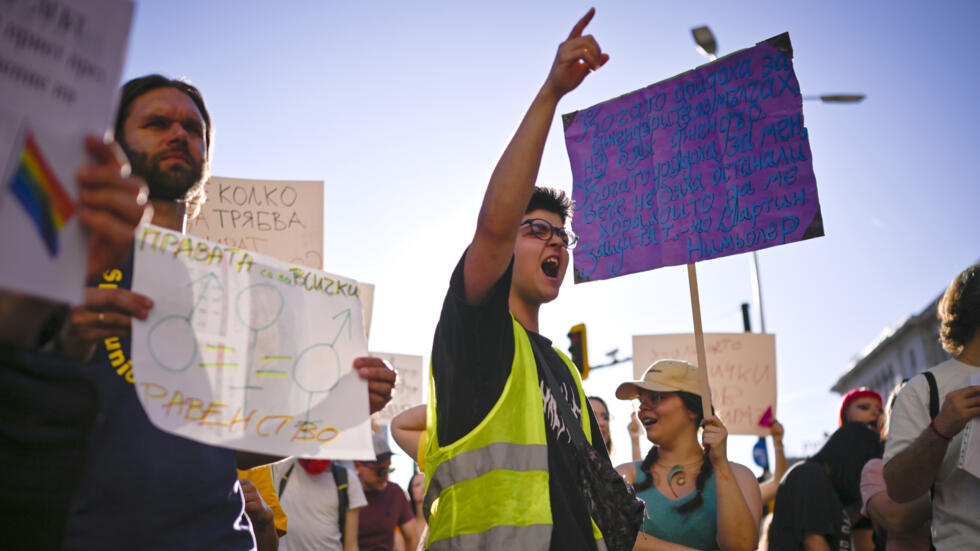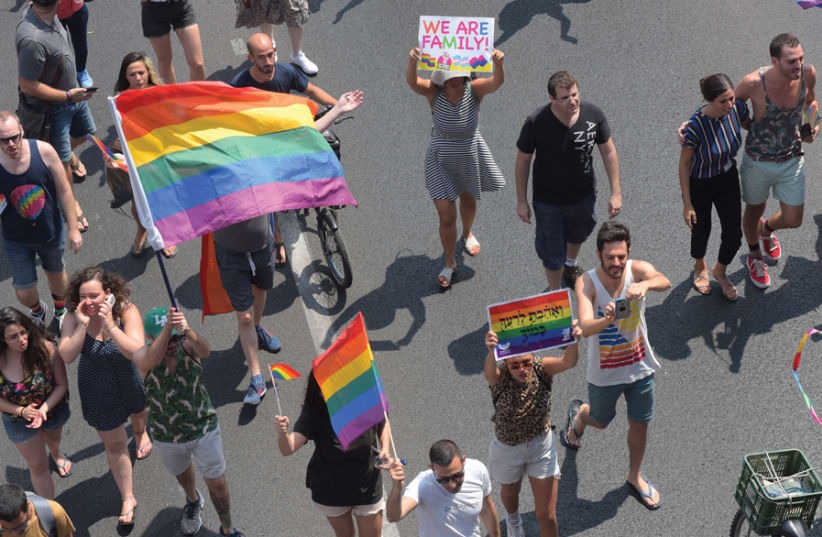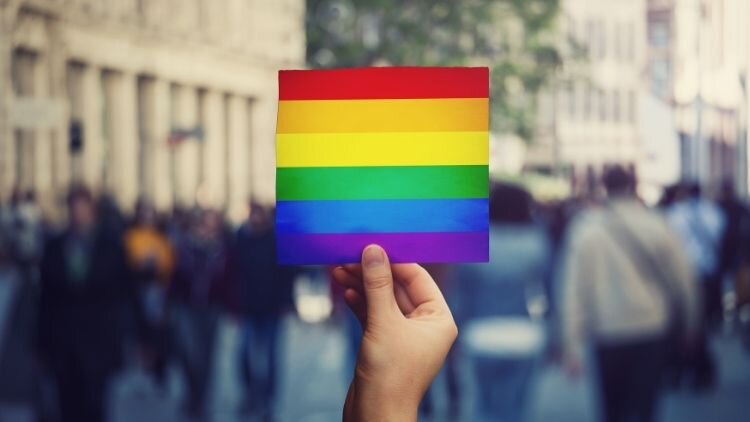INBulgaria has introduced a new law introducing a ban on the “dissemination of ideas about non-traditional sexual orientations” in educational institutions. President Rumen Radev approved a decree that imposes restrictions on the discussion of issues related to alternative sexual orientations in educational institutions. The move has attracted significant attention both domestically and internationally, particularly amid criticism from global human rights organizations and the Council of Europe’s human rights ombudsman.
Bulgaria bans ‘gay propaganda’ in schools: President ignores EU condemnation
Bulgarian President Rumen Radev signed amendments to the law “On preschool and school education”, introducing a ban on “propaganda of non-traditional sexual orientations” in schools and other educational institutions. The press service of the country’s president informed us about this on August 15.
The press service of Rumen Radev responded succinctly to a request for the president’s opinion on the new law: his position was voiced through the signing of a decree on its entry into force. This decision was made despite the recommendations of the Council of Europe Commissioner for Human Rights, Michael O’Flaherty, who called for such a step to be abandoned. who called for the law to be rejected.
Let us recall that on August 7, the Bulgarian parliament adopted a bill proposed by the pro-Russian political force “Renaissance”, with the support of a number of pro-European parties.

The adopted law prohibits the “dissemination, popularization and support of concepts relating to unusual sexual orientation or gender identity other than biological sex” in educational institutions.
On Wednesday, lawmakers held a separate vote to pass a law clarifying the concept of “unusual sexual orientation” as any orientation “that differs from the generally accepted and traditional concepts in the Bulgarian legal system of romantic, emotional or sexual attraction between people of different sexes.”
As Bulgaria passed a law banning “gay propaganda” in educational institutions, the European Commission reiterated the EU’s commitment to combating discrimination.
In the European Union, Hungarian Prime Minister Viktor Orban began a similar fight against “LGBT propaganda,” which led to a tense conflict with Brussels.
How “gay propaganda” laws in educational institutions violate LGBT+ rights: examples from Russia, Poland and Hungary
Legislative measures against “gay propaganda” in educational institutions exist in a number of countries, and their formulation and scope of application can vary significantly. These laws are intended to limit discussion and educational activities regarding non-standard sexual identities and gender orientations. One of the most famous examples is Russia, where in 2013 a law was introduced banning “the promotion of atypical sexual relationships among young people.”
This law restricts the dissemination of information that may be perceived as supporting or promoting LGBT+ relationships. It is often used to restrict freedom of expression and education regarding sexual preferences and gender identity.
Poland and Hungary have also taken similar measures. Poland passed a law in 2020 banning “LGBT propaganda” in educational institutions, leading to protests from human rights groups and global human rights institutions. A law in Hungary passed in 2021 introduces restrictions on LGBT+ information in schools and public places, which has also drawn criticism from the European Union.

In Bulgaria, a recent law banning the “promotion of LGBT issues” in educational institutions also reflects this trend. This law, which came into force in August 2024, prohibits the discussion and support of alternative sexual orientations and identities in educational institutions.
In these countries, such laws are often justified by protecting children from information that authorities consider inappropriate, but they face condemnation for violating human rights and restricting freedom of speech. International organizations and human rights activists believe that such laws promote discrimination and suppress the rights of LGBT+ people.

